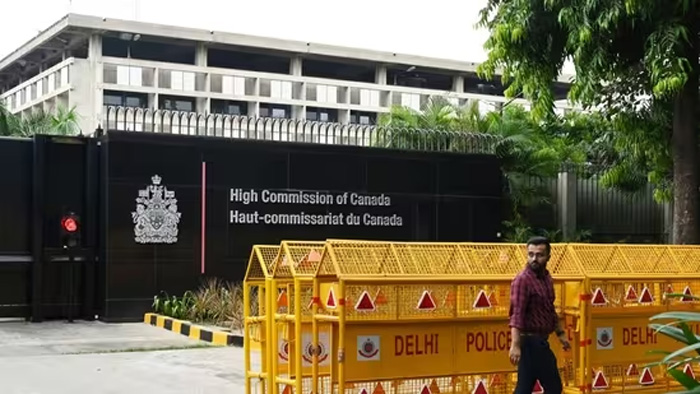Issuance of visas in nine categories for Canadians still remains suspended
Issuance of visas in nine categories for Canadians to travel to India still remain suspended, according to an update from Ottawa to its travel advisory.
After being suspended since September 21 amid the heightened diplomatic tensions between the two countries, India on October 25 resumed visa services in certain categories for Canadian citizens.
According to India’s High Commission in Ottawa, the services will resume for entry, business, medical and conference visas.
The categories which have been excluded are tourist, employment, students, film, missionary and journalist visas.
The release issued on Wednesday stated that the decision was taken after a “considered review of the security situation that takes into account some recent Canadian measures in this regard.”
“We have obtained the information on this page from the Indian authorities. It can, however, change at any time,” the Canadian Government said on Saturday.
This was confirmed by India’s High Commissioner to Ottawa Sanjay Kumar Verma, who said, “Only four categories have been resumed, as mentioned in the Press Release.”
The High Commission of India had said it, along with the Consulates General in Toronto and Vancouver, “were constrained to suspend visa services temporarily because of safety and security considerations.”
It had added that after “a considered review of the security situation that takes into account some recent Canadian measures in this regard” it was decided to resume visa services in the four categories.
“Further decisions, as appropriate, would be intimated based on continuing evaluation of the situation,” the release noted.
While e-visas remain available for 165 countries, Canada is not on the list. Issuance of e-visas had only been resumed for Canadians in December last year after being suspended following the COVID-19 pandemic.
Issuing of visas was indefinitely suspended on September 21 following turmoil in the relationship following Canadian Prime Minister Justin Trudeau’s statement in the House of Commons on September 18 that there were “credible allegations” of a potential link between Indian agents and the killing of pro-Khalistan figure Hardeep Singh Nijjar in Surrey, British Columbia, on June 18.
In the immediate aftermath, both countries expelled a diplomat each since. Earlier this month, 41 Canadian diplomats were pulled from India after New Delhi said they would lose diplomatic immunity if they remained in station. Canada described that act as a “mass expulsion” of its diplomats, while India has argued it wanted “parity” in the numbers of diplomats.
Nijjar, the secessionist group Sikhs for Justice’s principal in British Columbia, was gunned down in the parking lot of the Guru Nanak Sikh Gurdwara that he headed in the town of Surrey in the province of British Columbia.
While India accused Nijjar of being a terrorist, the accusations against him were never tested in a Canadian court. Canada is yet to provide any evidence of New Delhi’s involvement in the killing.

